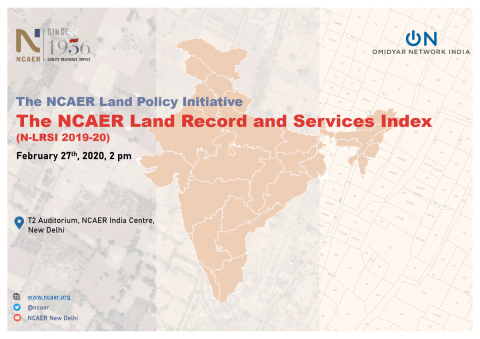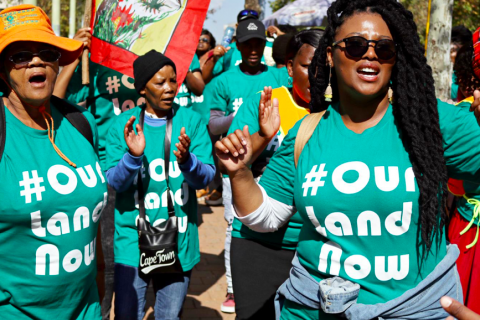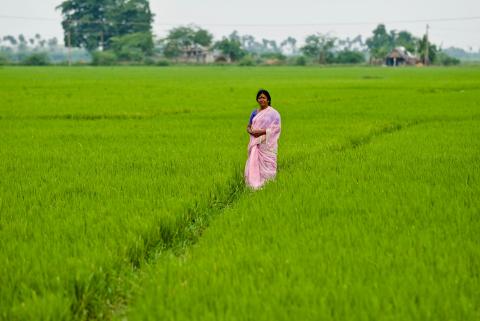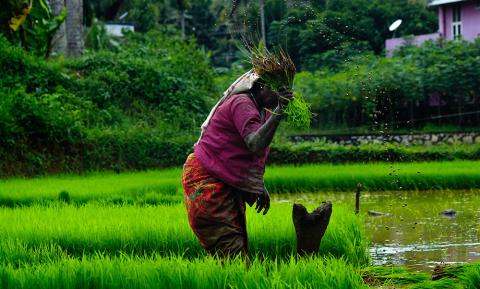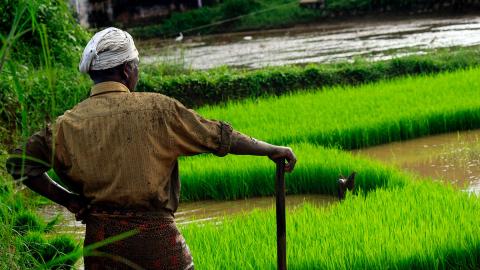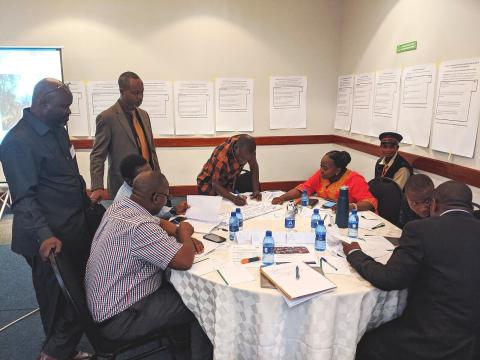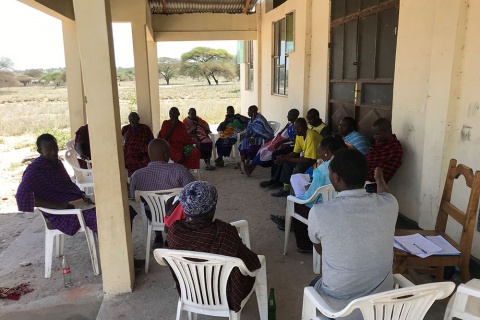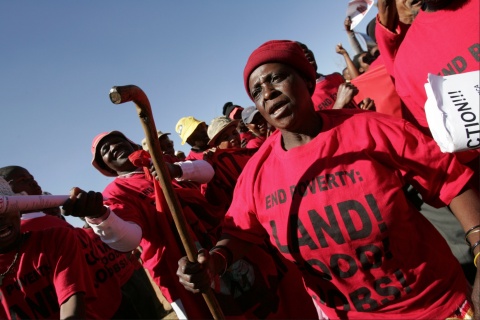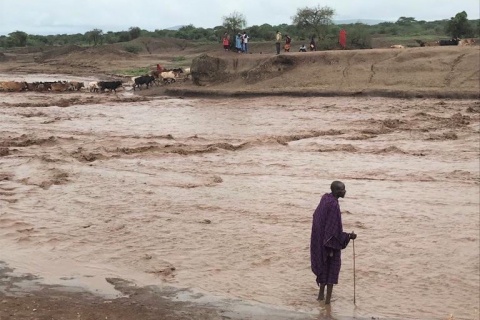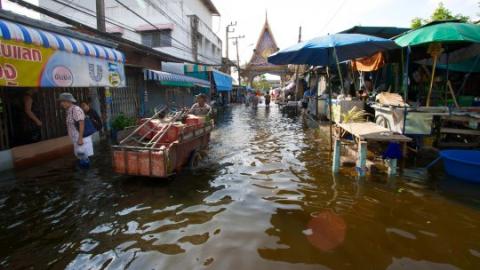Discover hidden stories and unheard voices on land governance issues from around the world. This is where the Land Portal community shares activities, experiences, challenges and successes.
 Follow our
Follow our
Sustainable Development Goals
Blog Series!
Interested in land corruption?
Follow our Land & Corruption Blog Series
for in-depth perspectives from the experts.
Issues
Geographical focus
About 350 land actors from government, academia, civil society and business came together from more than 15 states and outside India to discuss and debate various land issues. In more than 30 sessions, about 150 speakers and panelists deliberated over 3 days around interdisciplinary land-conversations to generate important information and evidence for policy, practice and academics.
Ten important land messages that emerge from these land conversations are:
The National Council of Applied Economic Research (NCAER) recently released India’s first Land Records and Services Index.
The 4th India Land and Development Conference, set to start next week, invites a wide variety of individuals and institutions to engage in thought-provoking and interdisciplinary conversations and analyses. More specifically, the Conference's theme Institutions, Innovations and Informations in Land Governance invites us all to think about the role that information sharing can play in helping to ensure effective land governance.
The 4th India Land and Development Conference, set to start next week, invites a wide variety of individuals and institutions to engage in thought-provoking and interdisciplinary conversations and analyses. More specifically, the Conference's theme Institutions, Innovations and Informations in Land Governance invites us all to think about us all to think about the role that information sharing can play in helping to ensure effective land governance.
The 4th India Land and Development Conference(link is external), set to start next week, invites a wide variety of individuals and institutions to engage in thought-provoking and interdisciplinary conversations and analyses. More specifically, the Conference's theme Institutions, Innovations and Informations in Land Governance invites us all to think about us all to think about the role that information sharing can play in helping to ensure effective land governance.
Forests are critically important for many of the world’s poor who depend on them for food, income, medicine and building materials. As such, forests are a nexus of broadly held policy goals such as poverty reduction, economic growth, conservation and climate change. Most forests in the developing world are governed, in practice, through community-based tenure systems.
When I was young, I was taught through my Maasai heritage that a woman is the property of her husband and is valued on the basis of how many children she can produce – and not by her education or economic success.
The Parliament of South Africa has agreed to amend the Constitution of the country in order to make it explicit that it is possible to expropriate land without paying compensation in order to further land reforms. The supporters of this move - the ruling African National Congress (ANC) and the opposition Economic Freedom Fighters (EFF) – argue that this is necessary to speed up land reforms in order to overcome the continuing extreme and still largely racially defined inequalities in land ownership.
I write this blog as our project team embarks on a fifth year of work on women’s land tenure security (WOLTS) with pastoral communities in mining-affected areas of Mongolia and Tanzania. Just before Christmas 2019, we were in Mundarara village in northern Tanzania. Exceptionally heavy rains made getting around much more challenging than usual. Locals travelling on foot had to make wide detours to avoid getting bogged down in waterlogged grazing land, and it took everyone much longer to get to the village primary school for our long-planned training day.
The 14th community-based adaption event (CBA14) will call on local communities to use their collective power to hold climate decision makers to account.
A run of international political events in 2019 marked key moments for influencing the climate action agenda, including this September’s UN Secretary-General’s climate summit and the UNFCCC conference in Spain (COP25).

